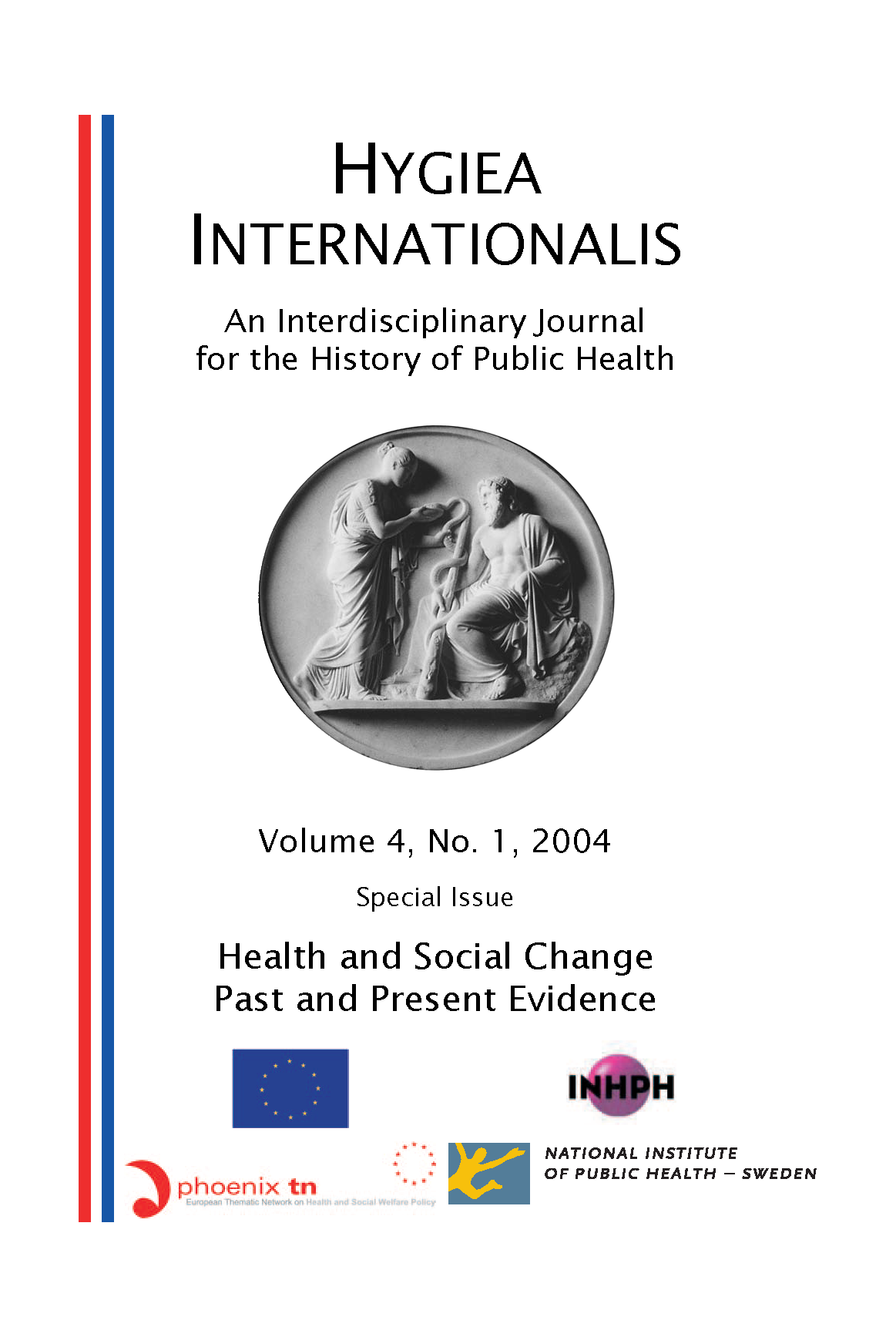Mortality Reversal in Russia
The story so far
DOI:
https://doi.org/10.3384/hygiea.1403-8668.044129Keywords:
Life expectancy, premature death, Eastern Europe, health behavior, socio-economic inequalitiesAbstract
The experience of Russia during the last three decades represents the most long-standing and well-documented case of mortality reversal. In spite of numerous studies, we do not fully understand forces behind both the chronic health crisis since the mid-sixties and its more acute phase in the 1990s. It is important to understand why at the very moment of maximum economic and military power the Soviet society began to fail in public health. It is even more important to know why now, in an era of new opportunities associated with the market economy, Russia fails in the struggle to reduce premature death. The study describes the adverse mortality trends and reviews scientific evidence on the nature of the health crisis. It summarizes studies that we have conducted during the last 15 years as well as drowing on other relevant work.Downloads
Published
2004-12-10
How to Cite
Shkolnikov, V. M., Andreev, E. M., Leon, D. A., McKee, M., Meslé, F., & Vallin, J. (2004). Mortality Reversal in Russia: The story so far. Hygiea Internationalis: An Interdisciplinary Journal for the History of Public Health, 4(1), 29–80. https://doi.org/10.3384/hygiea.1403-8668.044129
Issue
Section
Articles
License
Copyright (c) 2004 the Author(s)

This work is licensed under a Creative Commons Attribution-NonCommercial 4.0 International License.






